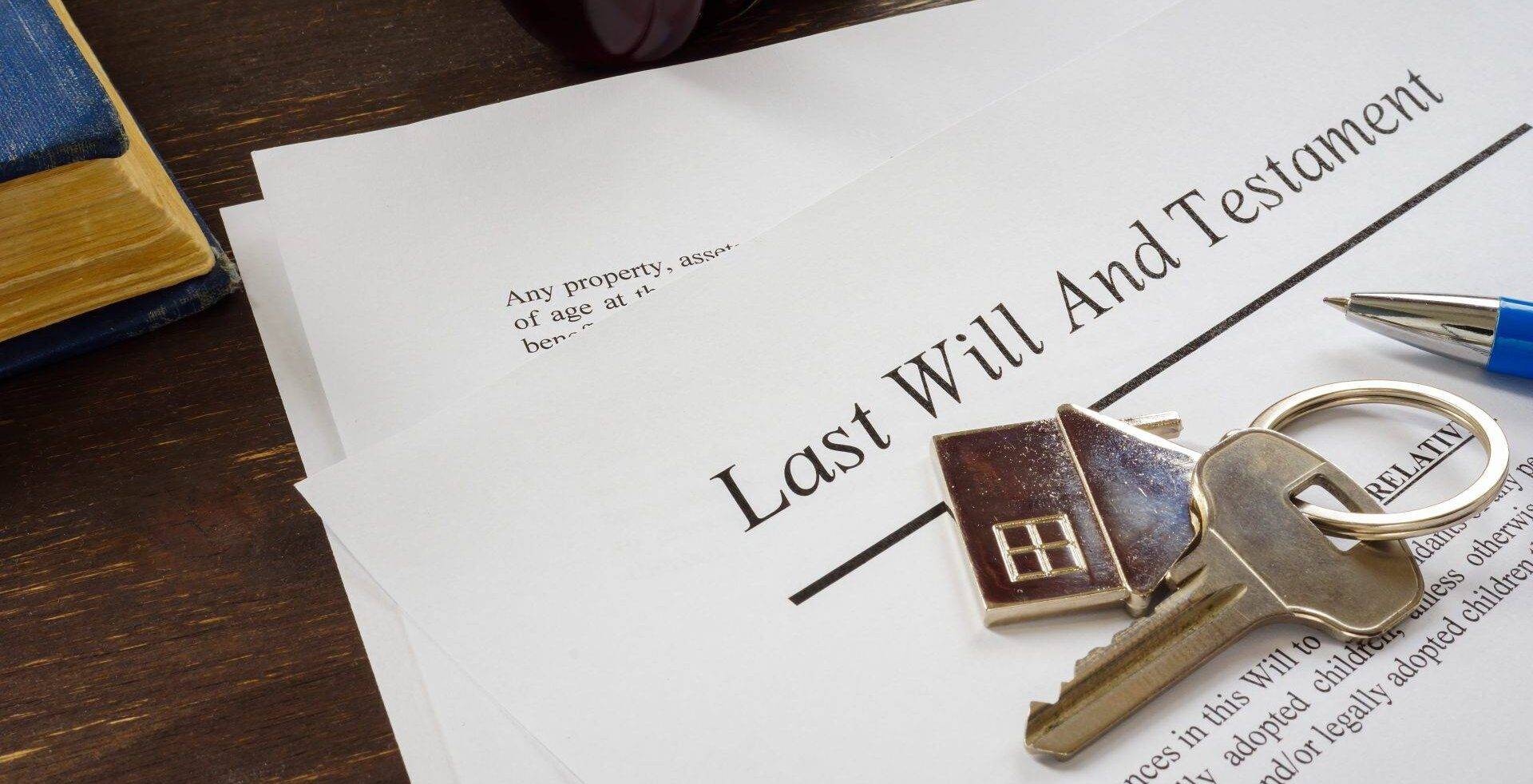Many couples contemplate making their Wills on the same terms. Most typically, couples make Wills to the effect that, upon the death of one party, all of his or her estate will go to the surviving party and when the surviving party dies, everything will go to their children. It is thus common to hear the terms mirror Wills and mutual Wills. However, mirror Wills and mutual Wills are not the same thing.
What are Mirror Wills?
Mirror Wills are Wills that mirror each other; they usually name the same beneficiaries and bequeath them the same inheritance under both Wills. For example, a couple make Wills to give the other his or her entire estate upon death and, when the surviving person dies, the estate will be distributed equally among their three children.
However, mirror Wills can be revoked or revised anytime during the surviving party’s lifetime, even after the first partner’s death. The surviving party can change the beneficiaries in his or her Will and disinherit the original beneficiaries originally agreed with the deceased party. A common example is where the couple each has their own previous family and the surviving partner no longer wants the deceased’s children to inherit any wealth subsequently accumulated and decides to leave everything to only his or her own children. Another example is when the surviving partner forms a new family and decides to leave the entire estate to the children with the new partner. Mirror Wills can therefore lead to devastating consequences that the deceased partner’s wishes are not honoured.
What are Mutual Wills?
Mutual Wills are different in this respect. Mutual Wills are an agreement between two persons to make their Wills on agreed terms with a legally binding obligation that each shall not change their Will without the agreement of the other testator. Upon the death of the first party, whilst the surviving party can still make a new Will with terms different from the mutual Wills, the law imposes a constructive trust over their estate upon their death in favour of the original beneficiaries under the mutual Wills. Therefore, using the example above, if the surviving partner decides to make a new Will to leave everything to the children of the new family and disinherit the children he or she has with the first deceased partner, a constructive trust will operate to preserve the entitlement of the first deceased’s children under the mutual Wills.
Mutuals Wills, however, are not the perfect solution to the problem of subsequent changes to the Will by a surviving partner. Disputes can still arise. There can still be arguments, such as, whether the surviving partner’s subsequent children should be entitled to anything in the estate, whether the mutual Wills intended to cover wealth later accumulated by the surviving partner or whether it is equitable for the constructive trust to be imposed on assets subsequently acquired after the first deceased partner’s death.
A better solution would be to create a trust in the Will which spells out precisely what assets to be held on trust for which beneficiary. A provision can also be made for the surviving partner in the form of a life interest. An example would be to create a life interest to allow the surviving spouse to continue living in the family home and utilising family wealth during his or her lifetime with a trust in favour of the children. A trust with well-drafted terms included in the Will would minimise the ambiguity and risk of dispute in the future.
Mirror Wills and mutual Wills are often confused. The consequences of choosing the wrong one will only become apparent when it is too late to make amendments after the testator dies. It is therefore important to seek expert legal advice when drafting your Will to make sure that your wishes will be honoured.
How can we help?
Kevin Modiri is a Partner in our expert Dispute Resolution team, specialising in charity law, civil disputes, insolvency, inheritance disputes, data breach claims and defamation claims.
If you need any advice concerning the subjects discussed in this article, please do not hesitate to contact Kevin or another member of the team in Derby, Leicester, or Nottingham on 0800 024 1976 or via our online enquiry form.
Contact usIf this article relates to a specific case/cases, please note that the facts of this case/cases are correct at the time of writing.


